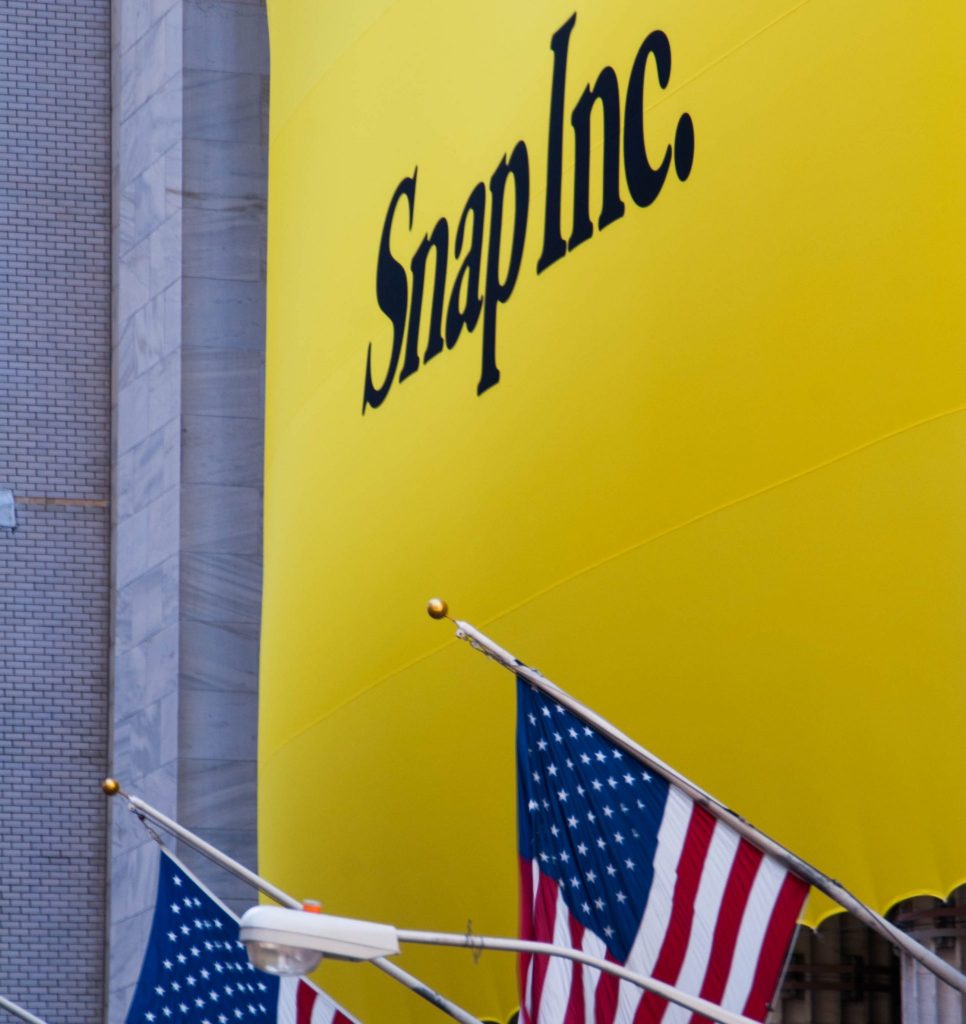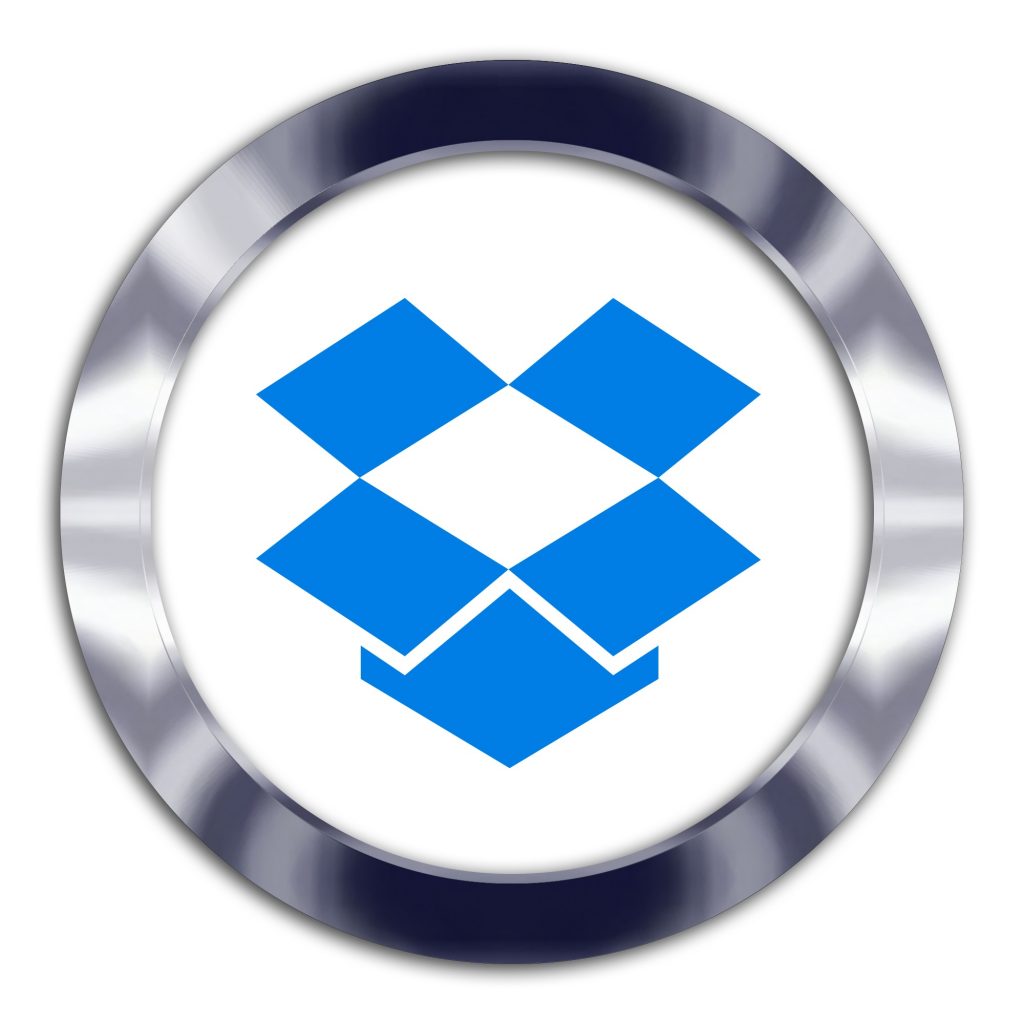IPOs are a time of excitement and nerves for startups and their founders. It’s time for celebration as the company has grown up from its days in the dorm room, garage, or apartment and is now opening up for business to the whole world. At the same time, it’s the biggest reality check for the organization as its stock performance will now be the defining factor of its success. It’s easy to make a fancy presentation to a venture capitalist and secure funding based on promising numbers, Fortune 100 clients, and a rockstar startup team, but all that won’t work in the world of public trading. Wall Street is adept at sniffing out mismatches in projected and actual numbers. Granted that the stock price shouldn’t be the only measure of a company’s performance in the short term, but in the long run, it is what really matters. IPOs being this important to a startup, how have the tech IPOs of the past year been for tech startups, and what does the future look like for the ecosystem? That’s what we discuss here.
2017: A year of caution
2017 wasn’t the best year for tech IPOs as most stocks have traded sideways or lost much of their value since being listed. The biggest disappointments were Snap, the makers of the popular social app Snapchat, and Blue Apron, a meal kit delivery company.

Snap opened at $17 after its March 2017 IPO and has mostly been lower since, falling to a new all-time low in May 2018. Slowing user growth, PR disasters, and insufficient ad growth have stalled growth for the company. Blue Apron faces competition from the likes of Amazon and its business model doesn’t make for huge profit margins. The grim situation has led to a change in CEO as co-founder Matt Salzburg made way for CFO Brad Dickerson.
Apart from these, there were others that, while not resounding successes, have held the fort over the past year. Cloudera traded flat for much of its time in the public markets, but fell to its lowest in April 2018, hovering around the $14 mark. Still, its competitor Hortonworks is showing signs of recovery, and you can’t still rule out a comeback by Cloudera.
Roku and Sendgrid are two successful organizations that have had a positive run. While this shows belief in their product offerings, they’ll need to innovate to really take stock performance to the next level.
Among the successful tech IPOs was Mulesoft. Its trading was at the normal range for much of its time but then had a surprise announcement that it is being taken over by Salesforce. This is the biggest acquisition of 2018 to date and was a happy ending for Mulesoft’s time on the public index. Salesforce looks to make Mulesoft its default data integration platform and enable a more well-integrated cloud platform for its customers.
Other successful IPOs were Okta and Alteryx. Okta is into multifactor authentication for cloud applications. Security is a key focus of cloud computing. It touches on key aspects such as identity management, user logins, and data access. Okta seems to have the right approach to take on this complex challenge. Alteryx is a company that tackles data analytics both from a generic approach and by targeting niches like church analytics, Salesforce analytics, Big Data analytics and more. While the market for data analytics products is not saturated and competitors like Tableau are showing slow growth over the years, it is not a sector with hyper-growth. Still, Okta and Alteryx were among the best of the tech IPOs of 2017 and they should be in good position if they continue their good run over the coming year.
2018: Confidence regained
Already 2018 has shown tremendous confidence among startups as there have been many more IPOs compared to the same period of time in 2017. One of the biggest tech IPOs of 2018 was Spotify. Spotify took the uncommon route of a direct listing where it sells shares directly to shareholders and avoids an intermediary. This has resulted in fewer people buying and selling the stock but has also given it more stability as the stock trades consistently over its IPO price at a healthy level. Spotify has competition from Apple Music and other streaming music providers like Pandora and its international expansion will be key to its success. However, for now, its changes in pricing strategy to focus on family-based plans is working well.

Dropbox had a much-awaited IPO in March 2018 and is trading at a consistently healthy level. Many expected Dropbox to IPO a couple of years ago, but there was always speculation about the potential for profit in the cutthroat competition of cloud storage where pricing has been trending down year on year. Its competitor Box, which IPO’ed in 2015, has had a rough journey trading in the red for most of its time. This was probably a key reason for Dropbox delaying its IPO. Yet, the delay seems to be paying off as Dropbox shares are still in the green.
Another prominent tech startup that’s made its debut on the market is DocuSign. Founded in 2003, DocuSign is one of the more mature startups to IPO. Yet, the reason for the wait was to ensure that expectations around cloud-based products were right. To this end, the management of DocuSign were keeping a close watch on similar IPOs like the Dropbox one. With a stable business model and a good list of customers among the Fortune 500s DocuSign shows a lot of potential for long-term growth.
Pivotal has got to be the oldest company to IPO in recent times. Founded in 1989 as a software consultancy firm, it was acquired by EMC in 2013 and was then part of the Dell-EMC merger of 2016. Since then it’s been managed autonomously through part of the Dell family of companies. Going public is a good sign of this autonomy. Pivotal’s flagship product is Cloud Foundry, which is a cloud PaaS offering. In recent times, its focus on Kubernetes has helped it stay relevant in a fast-changing cloud ecosystem. Its PKS (Pivotal Container Service) helps automate and better manage Kubernetes-based applications. Considering the number of startups in this space we can expect to see more Kubernetes as a Service providers go public in the coming year.
What to expect in tech IPOs for the rest of the year
Zscaler, Zuora, and Cardlytics are among the other tech IPOs of 2018. With a regaining of confidence among tech startups, there are many more tipped to IPO as we look ahead at the rest of 2018. Among the potential candidates are Upber-rival Lyft, cloud service provider Rackspace, data visualization company Domo, the popular survey tool SurveyMonkey, China hardware maker Xiaomi, and the peer-to-peer vacation rental company Airbnb.
It seems as if the shortage of IPOs in 2017 is more than being made up for in 2018. Many of the companies going public are mature ones that have carefully weighed every pro and con of the move and are making a very calculated decision about when to go public. This is a good sign as the tech landscape is full of inflated optimism that is recipe for disaster. However, by being more prepared and well thought out about their IPO, these startups are doing themselves and their investors a favor.



